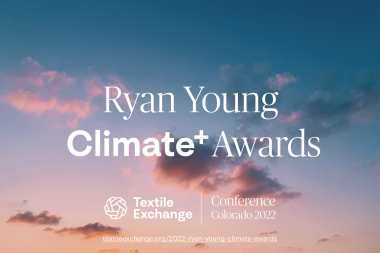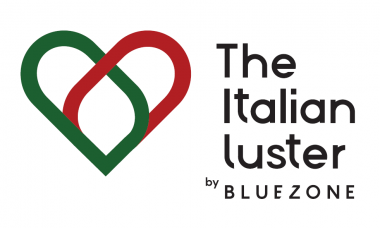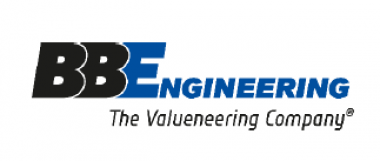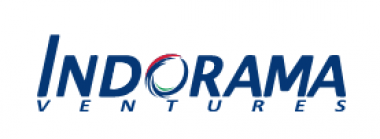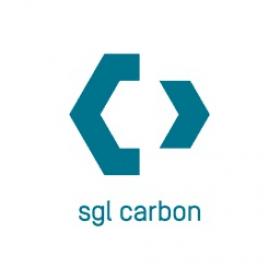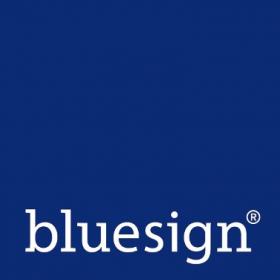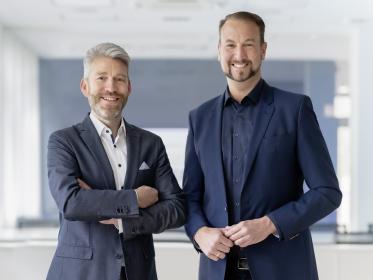Indorama Ventures committed to Science Based Targets initiative
Indorama Ventures Public Company Limited (IVL), a global sustainable chemical company, announced its commitment to science-based targets by the Science Based Targets initiative (SBTi) to help drive its ambitious sustainability programs. The company will also participate in the SBTi Expert Advisory Group for the chemicals industry.
SBTi is a collaboration between CDP, the United Nations Global Compact, the World Resources Institute, and the World Wide Fund for Nature to help businesses set emissions reduction targets based on the most recent climate science. IVL has committed to science-based targets under its purpose of “Reimagining chemistry together to create a better world” which aims to reduce global warming in line with the 1.5°C Paris Climate Agreement.
Under its Vision 2030 ambition, Indorama Ventures aims to build on its global industry leadership in sustainability, including by reducing GHG intensity by 30% and increasing renewable electricity consumption to 25%. Green projects are helping the company to achieve its operational efficiency targets, increase its use of renewable energy (especially renewable electricity – both onsite generation and offsite procurement through power purchase agreements), implement new decarbonization technologies including carbon capture, introduce bio-feedstock to its petrochemical value chain, and expand its PET recycling capability.
To meet its targets, IVL recognizes the importance of collaboration between the public and private sectors to decarbonize its operations through a variety of strategies. The established targets help its customers and suppliers to achieve their own sustainability goals, particularly their science-based targets.
Yash Lohia, Chairman of ESG Council at Indorama Ventures, said, "We are pleased to make our sustainability commitment more practical and measurable through science-based targets. We are dedicated to finding new technologies that can transform our operations and products towards net-zero. The efforts are not only for our sustainable business but also to support our customers and suppliers to achieve their own sustainability goals."
IVL












